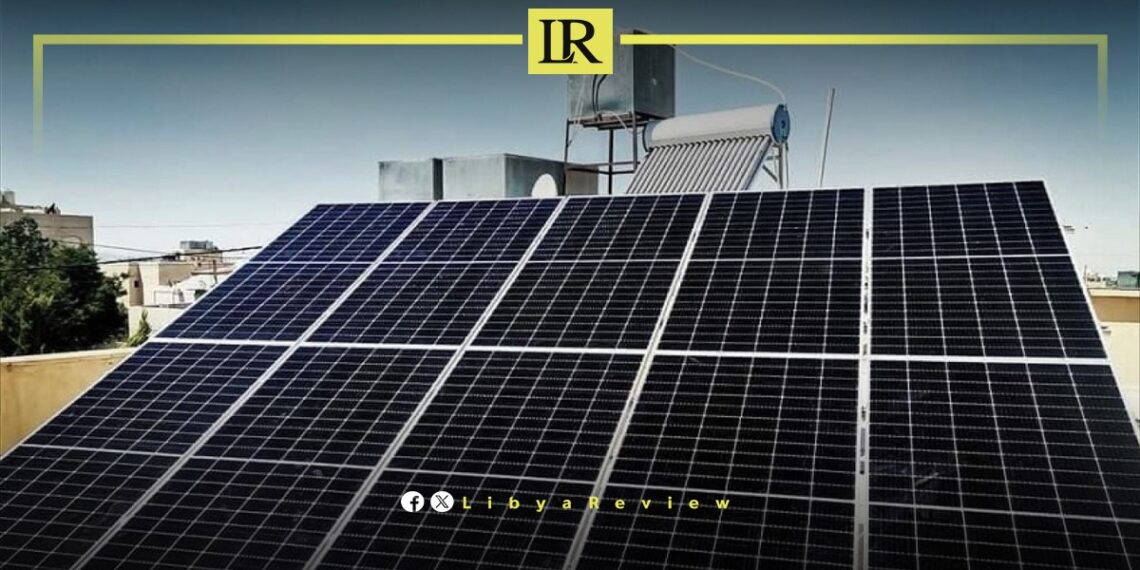The company responsible for the installation of 1,000 integrated solar energy systems with a capacity of 6MW has announced the completion of the first phase of the project in Murzuq, in the south. This initiative is part of the Libyan government’s plan to improve energy infrastructure.
A government statement said, “This comes in implementation of the instructions of the Prime Minister of the Libyan Government, Dr. Osama Hammad, during his visit to Murzuq and his commitment to resolving the electricity issue.”
The statement added, “This step is also a preparation for creating a conducive environment for the return of all displaced people after the successful reconciliation efforts in the city, based on the directives of the Commander-in-Chief and the implementation by the Prime Minister. The project aims for a complete transition to clean energy in Murzuq in the upcoming period.”
Libya has been in chaos since a NATO-backed uprising toppled longtime leader Muammar Gaddafi in 2011. The county has for years been split between rival administrations.
Libya’s economy, heavily reliant on oil, has suffered due to the ongoing conflict. The instability has led to fluctuations in oil production and prices, impacting the global oil market and Libya’s economy.
The conflict has led to a significant humanitarian crisis in Libya, with thousands of people killed, and many more displaced. Migrants and refugees using Libya as a transit point to Europe have also faced dire conditions.
The planned elections for December 2021 were delayed due to disagreements over election laws and the eligibility of certain candidates. This delay has raised concerns about the feasibility of a peaceful political transition.
Despite the ceasefire, security remains a significant concern with sporadic fighting and the presence of mercenaries and foreign fighters. The unification of the military and the removal of foreign forces are crucial challenges.


